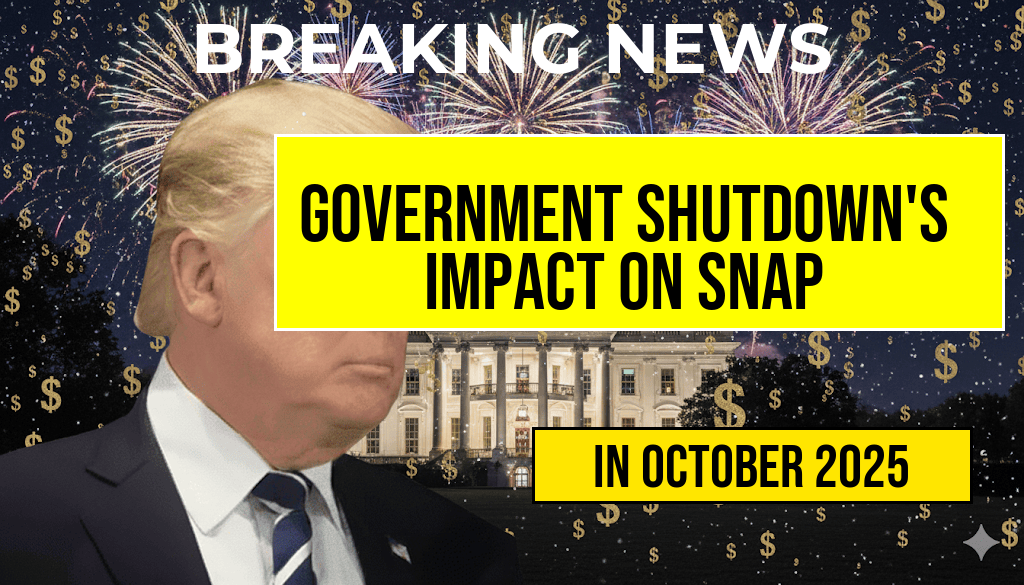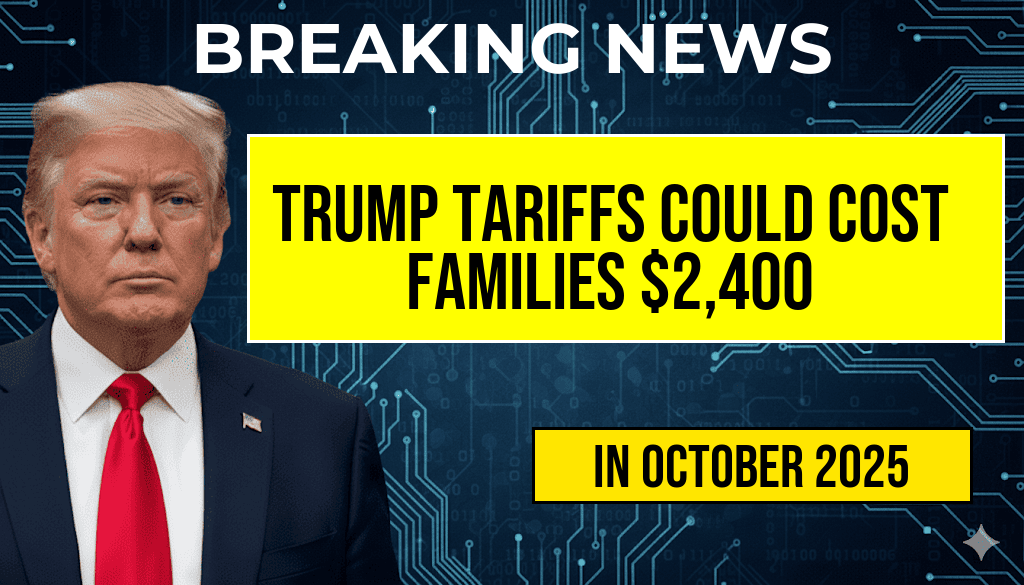The prospect of a government shutdown has sent ripples through numerous federal programs, with particular concern surrounding Supplemental Nutrition Assistance Program (SNAP) benefits and food stamp assistance. As negotiations stall over federal budget agreements, millions of vulnerable Americans—particularly low-income families, seniors, and individuals with disabilities—face uncertainty about their access to essential food support. While some SNAP benefits are typically issued monthly without disruption, a shutdown could cause delays or temporary suspensions, leaving recipients scrambling for resources. The potential impact varies depending on the duration of the shutdown, existing federal policies, and state-level responses. This article examines how a government shutdown could influence food assistance programs, the steps authorities might take to mitigate hardship, and what recipients should anticipate during such periods.
Understanding SNAP and Food Assistance Programs
What is SNAP?
The Supplemental Nutrition Assistance Program (SNAP) is a federally funded initiative designed to provide nutritional support to low-income individuals and families. Administered by the U.S. Department of Agriculture (USDA), SNAP benefits are distributed through Electronic Benefit Transfer (EBT) cards, which recipients use to purchase eligible food items at authorized stores. The program aims to alleviate hunger, improve health outcomes, and foster economic stability by enabling beneficiaries to access a reliable source of nutrition.
How SNAP Benefits Are Distributed
| Step | Description |
|---|---|
| Application Processing | Applicants submitting documentation and undergoing eligibility review. |
| Benefit Calculation | Based on income, household size, and other factors. |
| Benefit Issuance | Monthly transfer to EBT cards, usually within the first few days of the month. |
| Renewal & Recertification | Periodic reviews to maintain eligibility. |
Under normal circumstances, benefits are issued regularly without interruption, ensuring recipients can plan their food purchases accordingly.
Potential Disruptions During a Government Shutdown
Immediate Effects on SNAP Benefits
During a federal government shutdown, the USDA’s ability to fund and process SNAP benefits may be temporarily hindered. Historically, brief shutdowns have resulted in delays in benefit issuance, but not complete suspension, as states often have contingency plans. However, extended shutdowns could cause significant interruptions, leading to a delay in benefit distribution for the month or months affected.
In some cases, this could mean recipients do not receive their benefits on the scheduled date, creating gaps in access to food. While the federal government typically ensures the continuation of benefits through contingency funding, prolonged shutdowns might strain these mechanisms, particularly if appropriations are not quickly restored.
State-Level Responses and Contingency Plans
Most states have measures in place to mitigate the impact of federal funding interruptions. These include using reserve funds or reallocating existing resources to ensure benefits are issued on time. Some states may issue emergency payments or extend benefit validity periods to help households weather delays.
- Emergency allotments: Some states have authority to provide extra benefits during emergencies.
- Extended recertification deadlines: To prevent loss of benefits due to administrative delays.
- Public communication: Authorities typically inform recipients about potential delays and what steps to take.
Potential Impact on Food Security
Vulnerable Populations at Risk
Families relying solely on SNAP benefits often have limited alternatives during disruptions, making them especially vulnerable to food insecurity. Households with children, seniors, and individuals with disabilities are at heightened risk of experiencing hunger if benefits are delayed or reduced.
Broader Economic Effects
Disruptions in SNAP benefits can also ripple through local economies. Retailers and food vendors that accept EBT payments might see decreased sales, further straining small businesses that depend heavily on SNAP transactions. Additionally, food banks and charitable organizations could face increased demand as some individuals seek alternative assistance sources.
What Recipients Should Do During a Shutdown
- Stay informed through official channels such as state SNAP offices and the USDA website.
- Review communications from local agencies regarding any changes or delays in benefit issuance.
- Plan purchases early if possible, especially during the expected benefit distribution period.
- Explore community resources such as food banks and local aid programs for supplemental support.
- Keep documentation updated to facilitate quick recertification or appeals if needed.
Looking Ahead: Policy Responses and Legislative Action
Congressional leaders and federal agencies are typically aware of the critical importance of SNAP during shutdown periods. Efforts are often made to secure emergency funding or pass legislation to uphold benefit distributions. Recent precedents suggest that temporary measures, such as emergency supplemental appropriations, can help ensure continuity for millions of Americans.
For ongoing updates and guidance, the official USDA website (https://www.fns.usda.gov) and local SNAP offices provide the most authoritative information. As the political landscape evolves, the resolution of funding disputes remains crucial to safeguarding food security for vulnerable populations across the country.
Frequently Asked Questions
What is the impact of a government shutdown on SNAP benefits?
A government shutdown can lead to delays or disruptions in SNAP benefits distribution, potentially causing recipients to experience interruptions in their food assistance during the shutdown period.
Will food stamp assistance recipients still receive benefits during a shutdown?
It depends on the duration and scope of the shutdown. In some cases, SNAP benefits are funded through federal reserves and may continue temporarily, but prolonged shutdowns can result in delays or reductions.
How can SNAP beneficiaries prepare for a potential shutdown?
Beneficiaries should ensure they have an adequate supply of food and review their benefit balances. Staying informed through local agencies and federal updates can help anticipate any disruptions.
Are there any resources available for SNAP recipients affected by a government shutdown?
Yes, local food banks and community organizations may provide assistance. Additionally, federal agencies often provide guidance and support to SNAP recipients during shutdown periods.
What is the duration of SNAP benefit disruptions during a government shutdown?
The duration depends on how long the government shutdown lasts. Short-term shutdowns may have minimal impact, while extended shutdowns can cause significant delays in benefit issuance.








